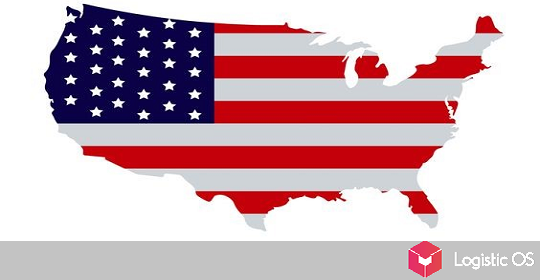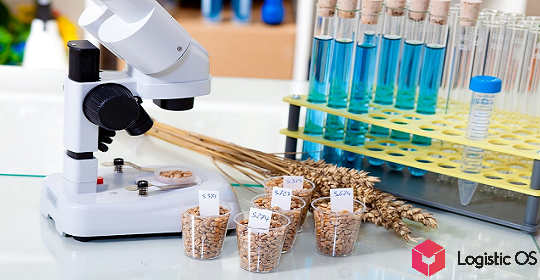But the export of Russian fertilizers in the first half of 2022 decreased (compared to the same period in 2021).
In the first half of 2022, Russian farmers purchased more than 3.69 million tons of mineral fertilizers, which is 13% more than the same period last year.
By mid-July, the annual demand of Russian agricultural producers is closed by almost ¾.
The Ministry of Agriculture of the Russian Federation planned that in 2022 domestic farmers would purchase about 5 million tons of mineral fertilizers, which is 0.5 million tons more than in 2021.
In order to guarantee the supply of Russian agricultural producers with fertilizers, Russia has introduced export quotas: the last quota approved by the Government applies from July 1 to December 31, 2022.
According to preliminary data, which experts are guided by, in 2022, shipments by manufacturers of mineral and chemical fertilizers to the domestic market increased by 20.1% (against the same period last year), while exports decreased by 21.8%.
Analysts agree that the reason for the decline in exports is not quotas, but problems with logistics and settlements under the general pressure of sanctions.
It should be noted that the decrease in shipments abroad in January-June 2022 mainly occurred in land transportation, while transshipment through seaports, on the contrary, increased by almost 16%.
In June 2022 alone, fertilizer exports from Russia by sea increased by 60% (compared to May 2022).
Usually 30-35% of Russian fertilizers passed through the Baltic ports. Today, part of these volumes has been transferred to Russian ports. Experts expect that, over time, the entire Baltic volume will be redirected to Russian ports, a trend that will support further growth in maritime traffic.

Russian chemical companies are gradually adapting to new conditions, solving logistical problems, and finding new carriers. But, at the same time, freight rates remain very high.
Fertilizer producers hope that in the near future the export of mineral fertilizers from Russia will grow: the global demand for such products in the world is very high.
The Russian Association of Fertilizer Producers hopes that in the near future the EU will issue an official document that will become a guarantor for banks, insurance companies, carriers — all links in the supply chain that cooperation with Russian fertilizer producers will not be considered from the point of view of sanctions legislation.
Russia plays a key role in supplying the planet with food, ranks second in the world in terms of production of mineral fertilizers and is one of the largest exporters of this product.

